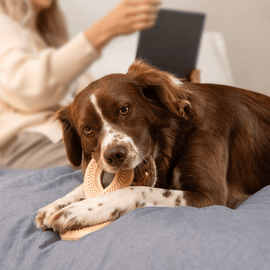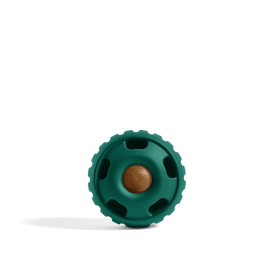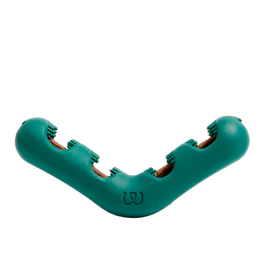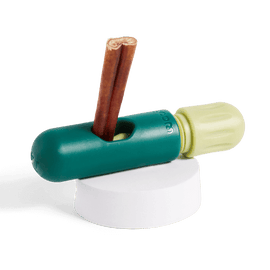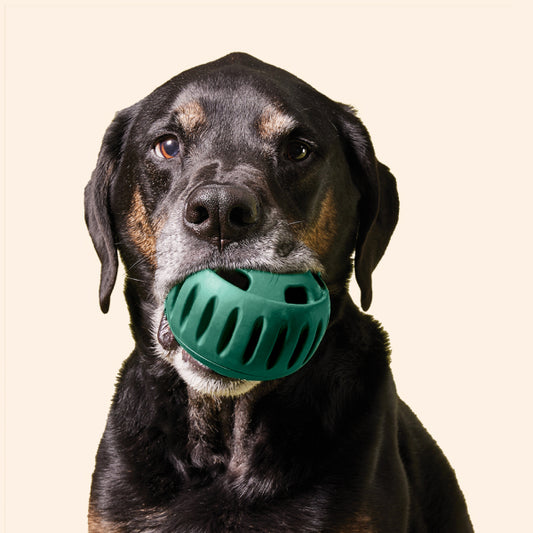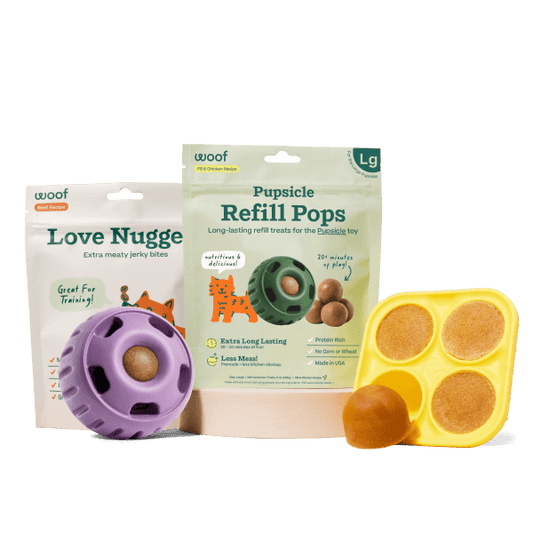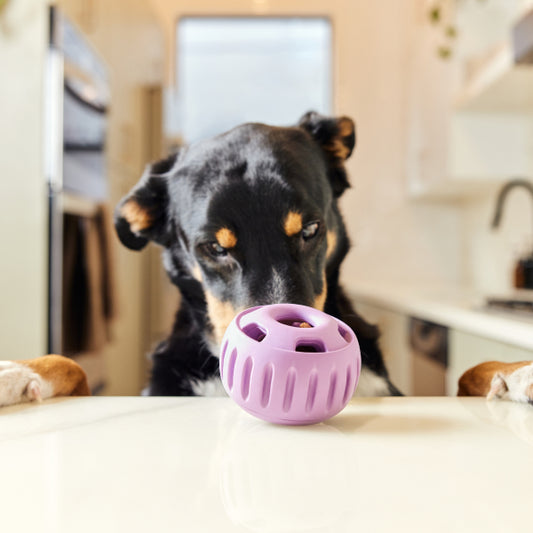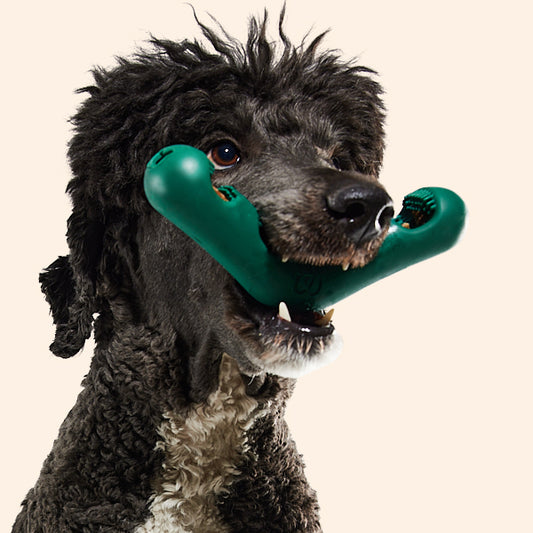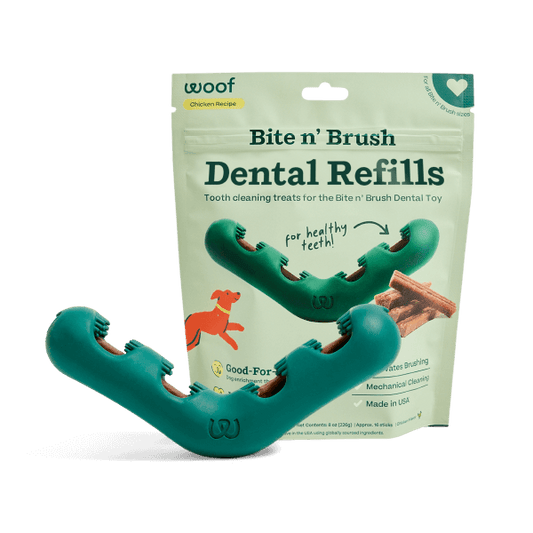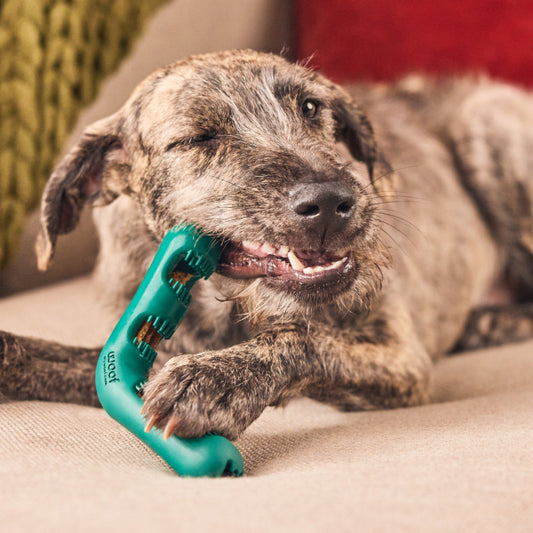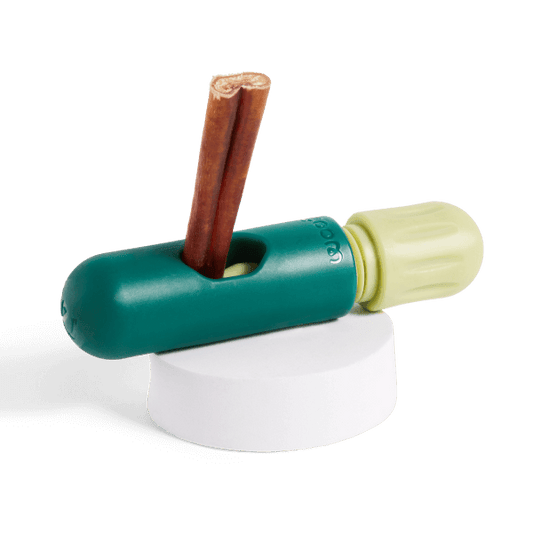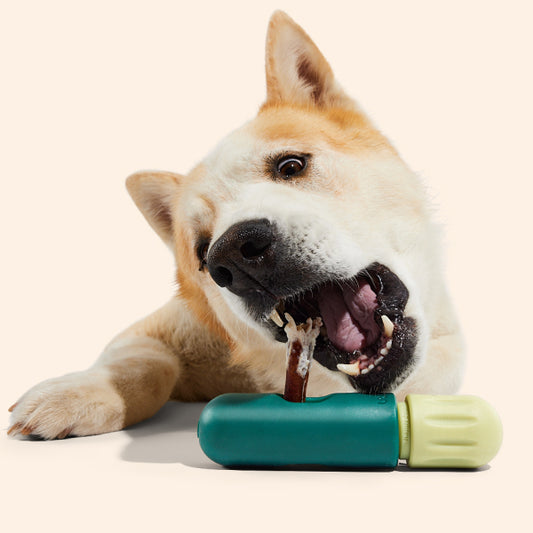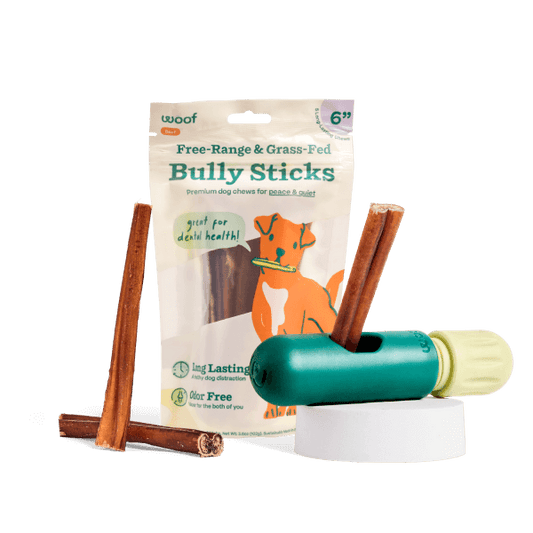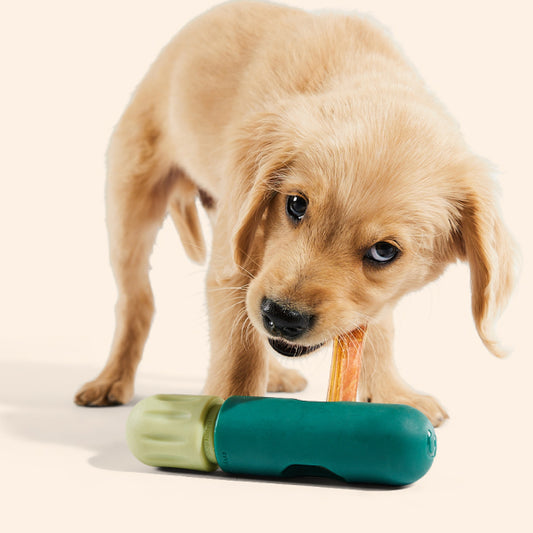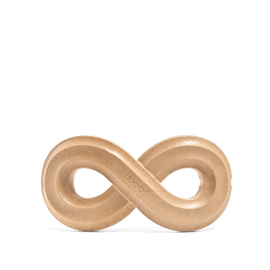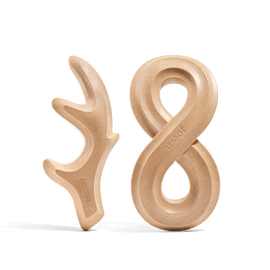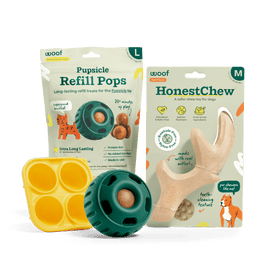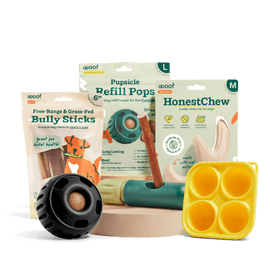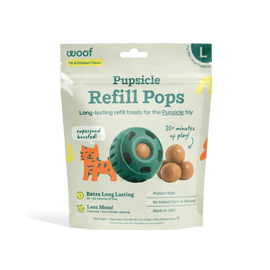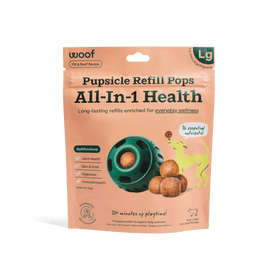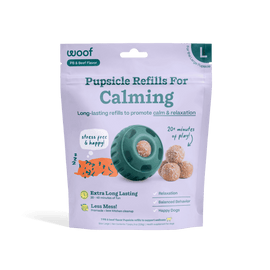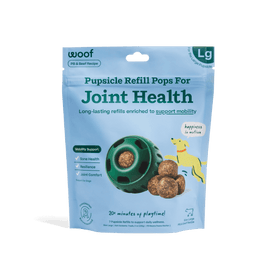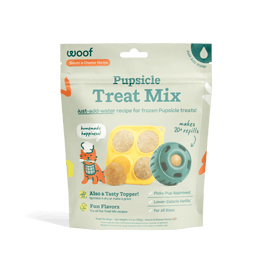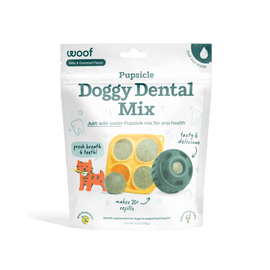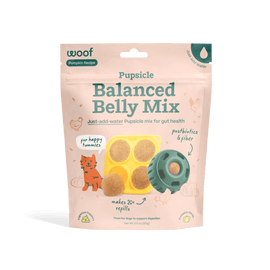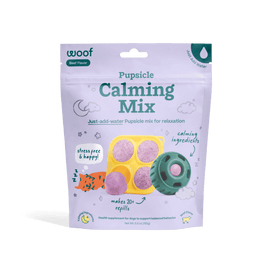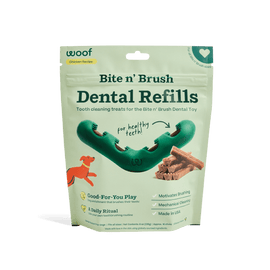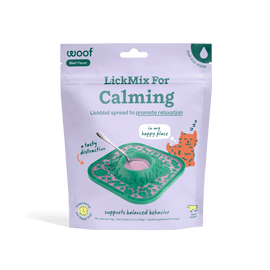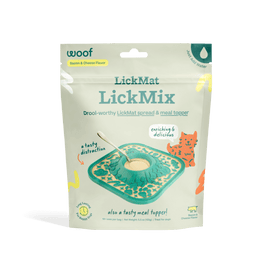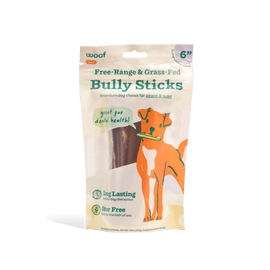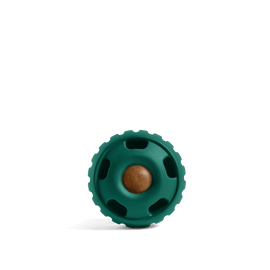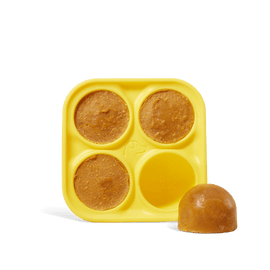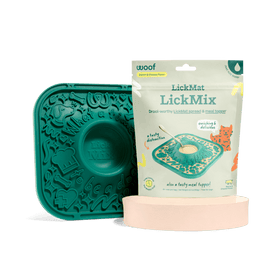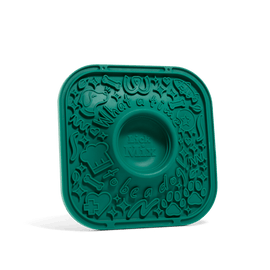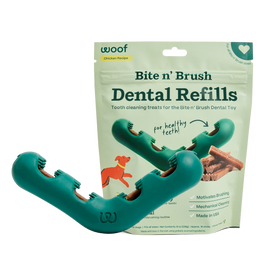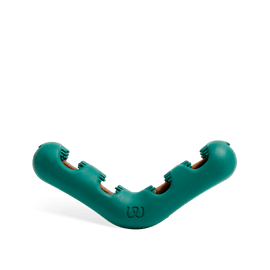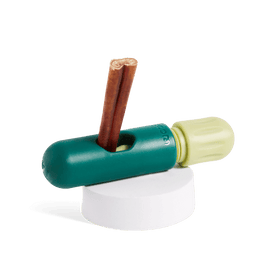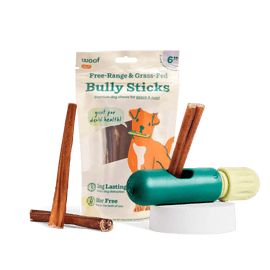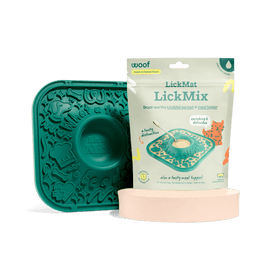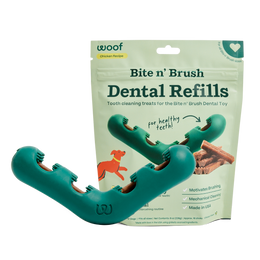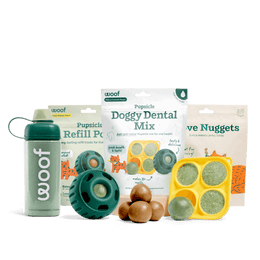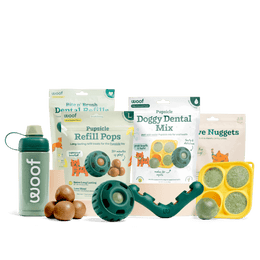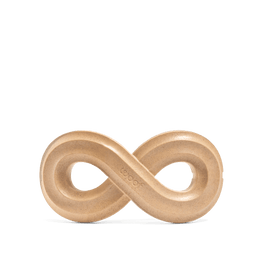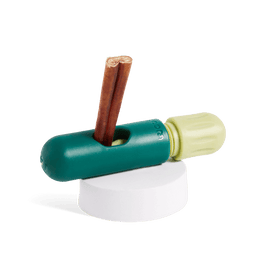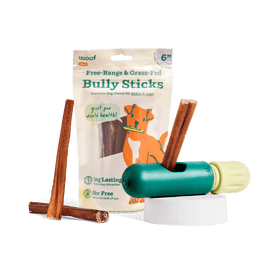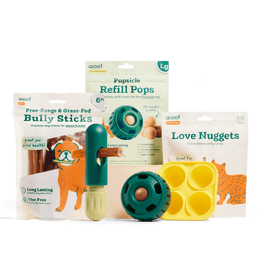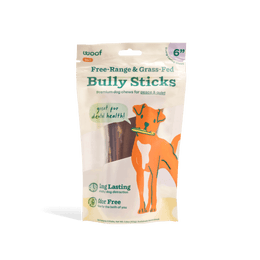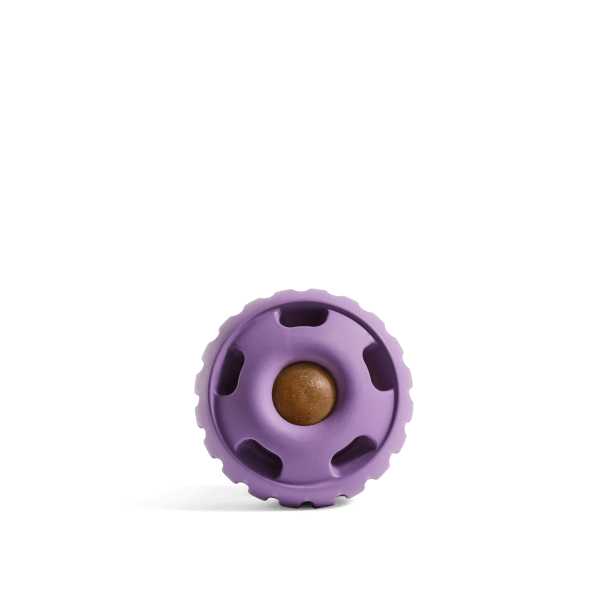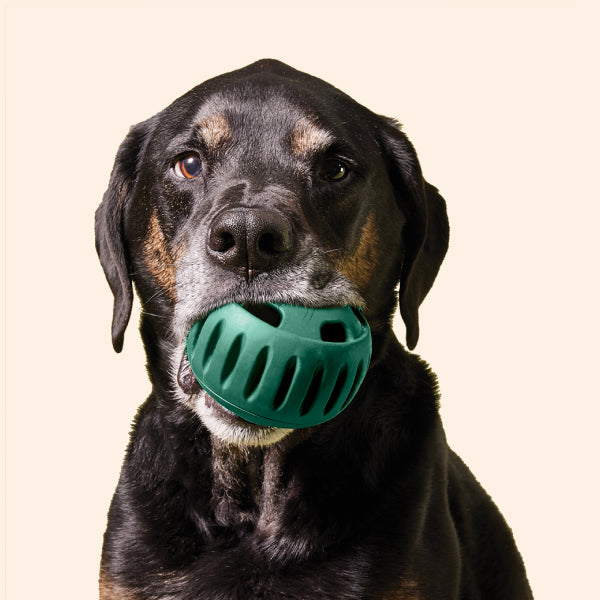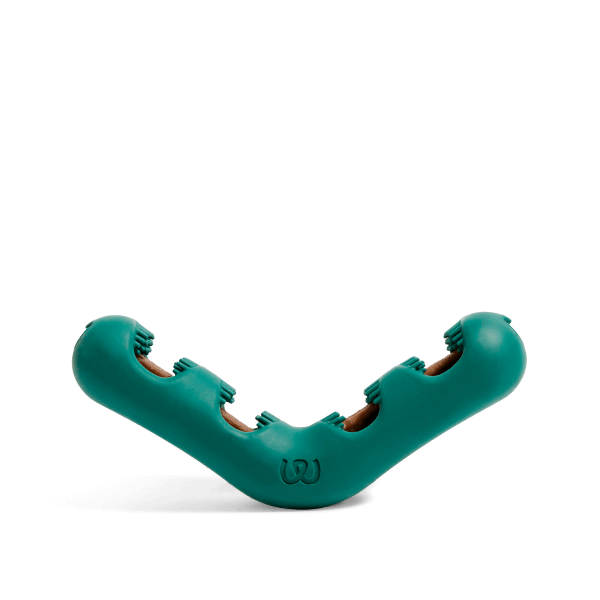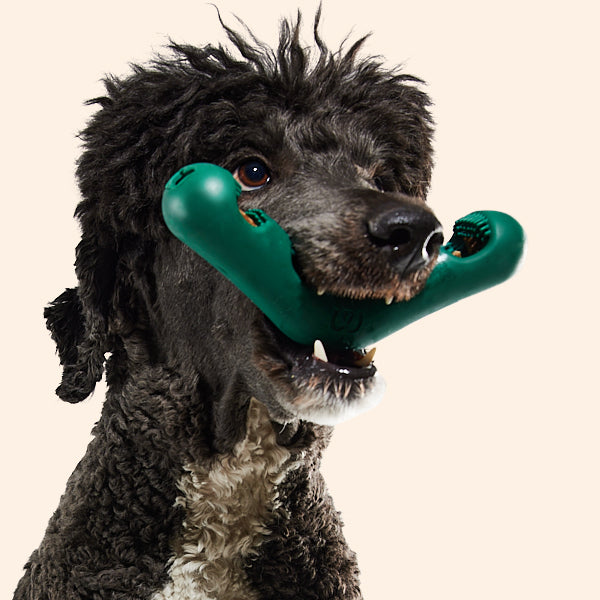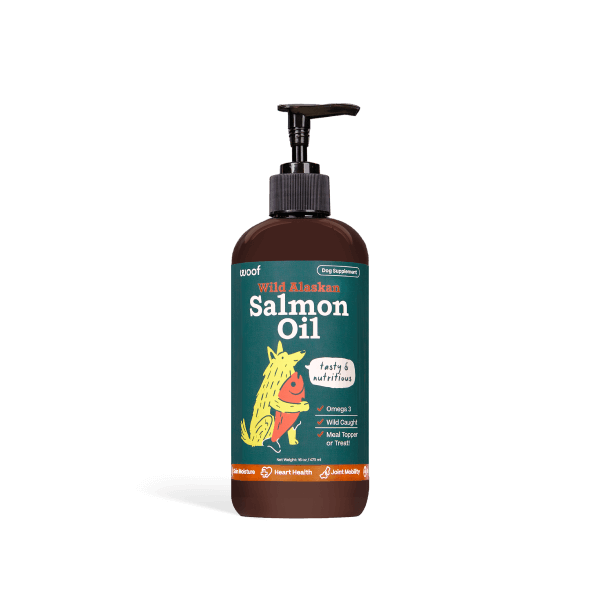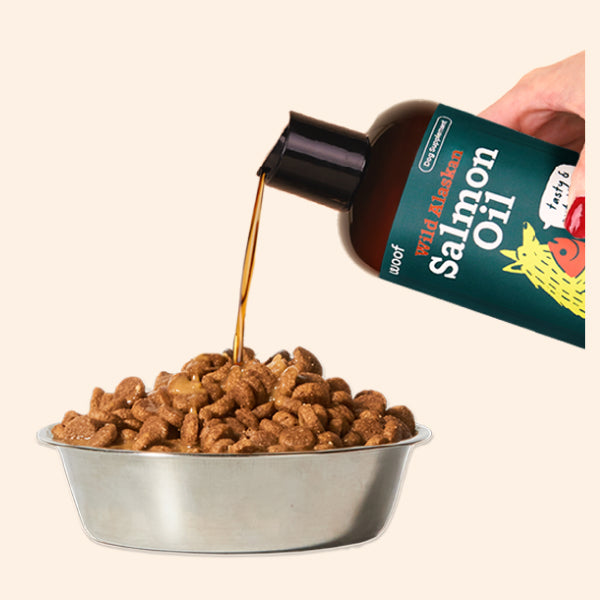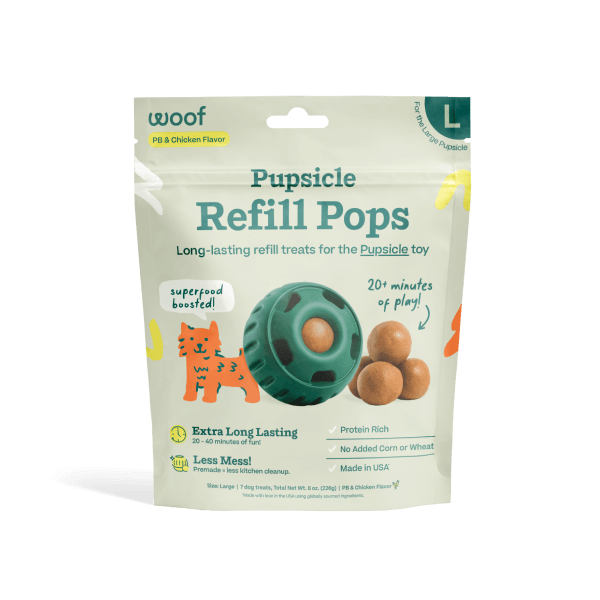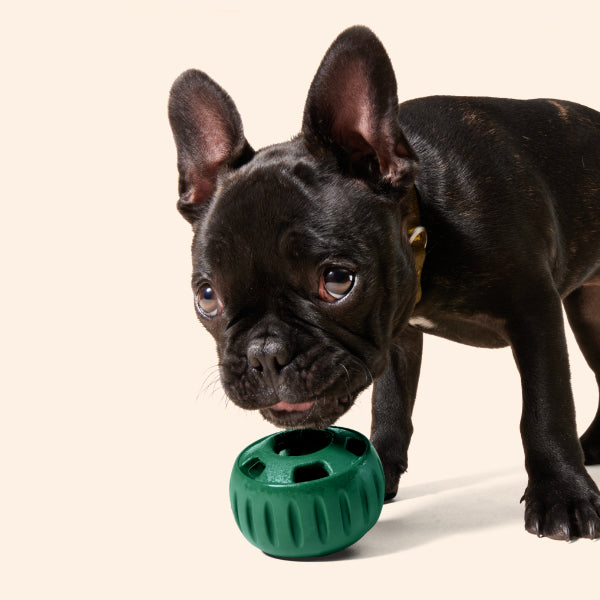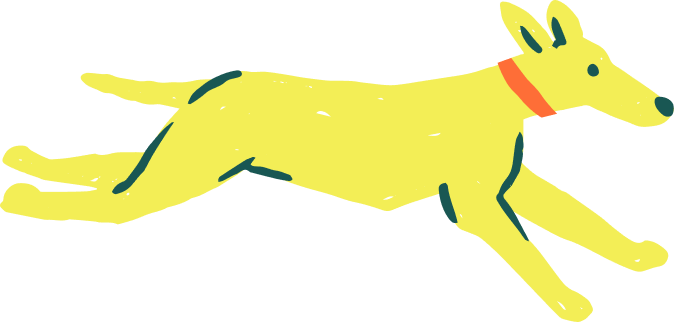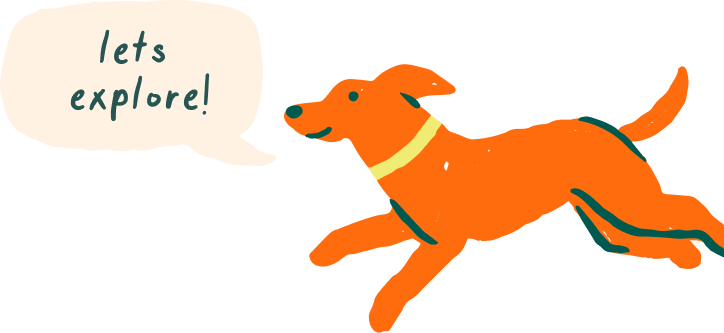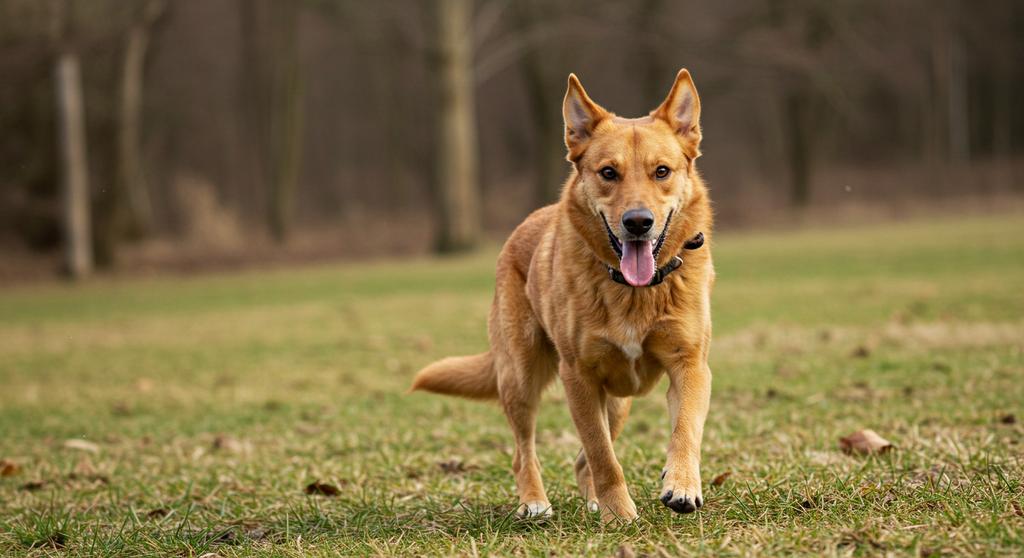
Aging is a natural part of a dog's life, but it doesn't mean the end of fun and activity. In fact, keeping your dog active as they age is crucial for their health and happiness. Regular physical and mental exercises can help maintain mobility, reduce anxiety, and enhance their overall quality of life. Let's explore some effective ways to keep your senior dog engaged and lively.
1. Gentle Physical Activities
As dogs age, their energy levels may decrease, but they still benefit from regular, low-impact exercises. Short, leisurely walks on soft surfaces like grass or dirt trails are ideal. These walks help maintain joint mobility and muscle strength without overexertion. Always monitor your dog's comfort and adjust the pace as needed.
2. Mental Stimulation
Keeping your dog's mind sharp is just as important as physical exercise. Interactive toys and puzzle feeders that require problem-solving can provide mental challenges and prevent boredom. Activities like scent games, where your dog has to find hidden treats, are also excellent for mental engagement. Consider incorporating products like the Pupsicle to add variety and excitement to their routine.
3. Swimming
Swimming is a fantastic low-impact exercise for senior dogs, especially those with joint issues. It provides a full-body workout, improving muscle strength and cardiovascular health without stressing the joints. Always supervise your dog during swimming sessions and ensure the environment is safe.
4. Playtime
Engaging in play is a wonderful way to keep your dog active and happy. Gentle games like fetch or tug-of-war can be adapted to your dog's physical capabilities. Playtime not only provides physical exercise but also strengthens the bond between you and your pet. Introducing toys like the Bite n' Brush can make playtime both enjoyable and beneficial for dental health.
5. Regular Veterinary Check-ups
Regular check-ups are essential to monitor your dog's health as they age. Your veterinarian can provide personalized advice on exercise routines and detect any health issues early. They may recommend joint supplements or dietary changes to support your dog's active lifestyle. Incorporating products like Salmon Oil can support joint health and overall well-being.
6. Comfortable Living Environment
Ensure your home is accommodating to your aging dog's needs. Provide easy access to favorite resting spots and consider ramps or stairs to help them navigate furniture or vehicles. A comfortable environment encourages your dog to remain active and engaged in daily activities.
7. Monitor Weight
Maintaining a healthy weight is vital for senior dogs. Obesity can lead to joint problems and decreased mobility. Provide a balanced diet and monitor food intake. Incorporating products like the Doggy Broth can make meals more enticing and help manage weight effectively.
8. Socialization
Allow your dog to interact with other dogs and people to keep them socially engaged. Socialization can boost mood and provide mental stimulation. Arrange playdates or visits to dog-friendly parks, ensuring the environment is safe and suitable for your dog's age and health status.
9. Training New Tricks
It's never too late to teach your dog new commands or tricks. Training sessions provide mental stimulation and strengthen your bond. Use positive reinforcement techniques and keep sessions short and enjoyable. Products like the Pupsicle Pops can be great rewards during training.
10. Provide a Balanced Diet
A nutritious diet supports overall health and energy levels. Look for foods formulated for senior dogs that include essential nutrients like omega-3 fatty acids, glucosamine, and chondroitin to support joint health. Consulting your veterinarian about dietary needs can help tailor a plan specific to your dog's requirements.
Keeping your dog active as they age requires a combination of physical exercise, mental stimulation, and proper care. By incorporating these activities into your dog's daily routine, you can enhance their quality of life and enjoy many happy moments together. Remember, always consult with your veterinarian before making significant changes to your dog's exercise or diet regimen to ensure it's appropriate for their individual health needs.
